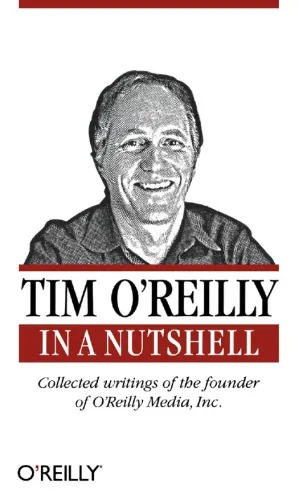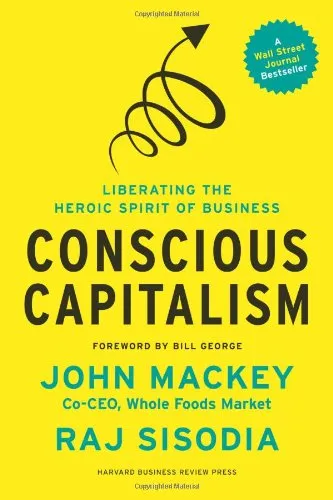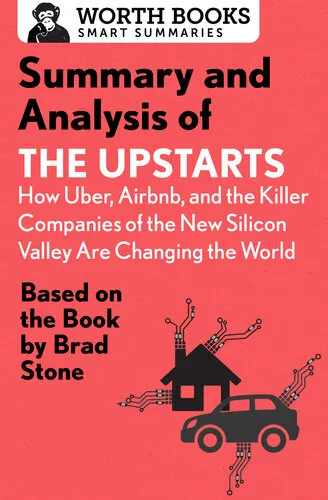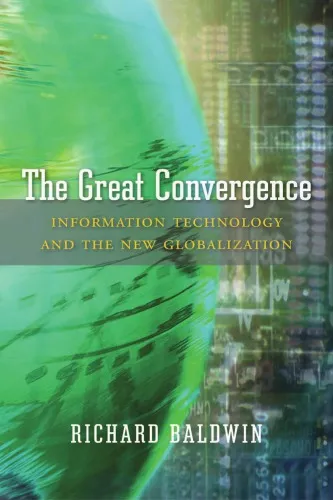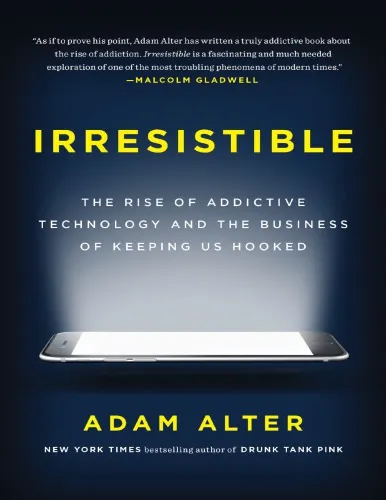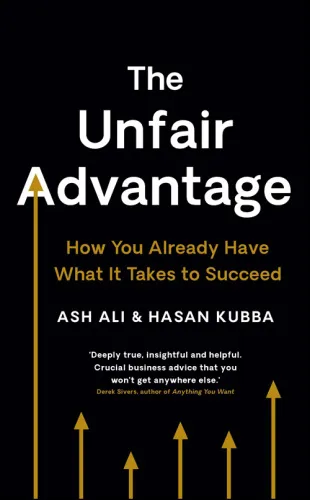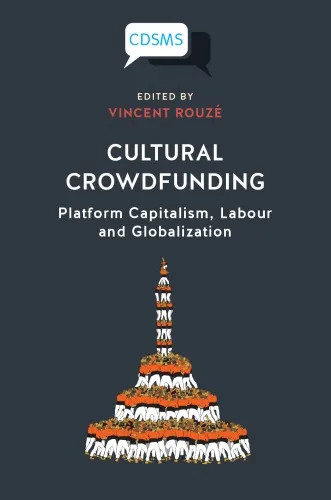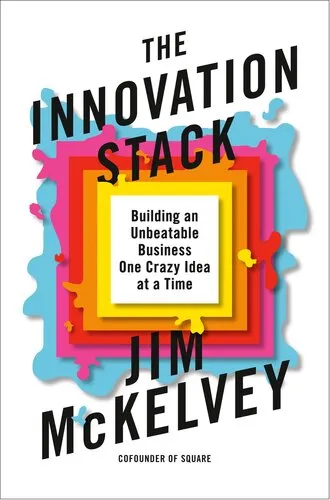The Problem with Solutions: Why Silicon Valley Can't Hack the Future of Food
4.0
Reviews from our users

You Can Ask your questions from this book's AI after Login
Each download or ask from book AI costs 2 points. To earn more free points, please visit the Points Guide Page and complete some valuable actions.Related Refrences:
Introduction to 'The Problem with Solutions: Why Silicon Valley Can't Hack the Future of Food'
In a time when technological innovation is lauded as the ultimate answer to humanity's greatest challenges, Silicon Valley has turned its sights on food systems, declaring itself capable of solving everything from global hunger to the climate crisis with high-tech "solutions." In my book, The Problem with Solutions: Why Silicon Valley Can't Hack the Future of Food, I explore the limitations of this techno-utopian mindset with a critical lens, particularly its tendency to overlook the deeper socio-political and ecological systems that shape the way food is produced, distributed, and consumed.
Over the past decade, an influx of venture capital into the agrifood sector has introduced laboratory-grown meats, vertical farming operations, plant-based proteins, and AI-driven agricultural tools. While these innovations are often heralded as breakthroughs, they fail to address root causes of food system inequities and environmental degradation. The book argues that Silicon Valley's "solutionism" often leads to more problems than it solves by prioritizing profit and scalability over ecological balance and social justice.
In this introduction to the central themes of the book, we'll delve into its key sections: a detailed summary of my overall argument, the key takeaways from the book, some memorable quotes, and—importantly—why this work matters now more than ever in our ongoing discussions of food and sustainability.
Detailed Summary of the Book
The Problem with Solutions begins with a critique of the mindset that pervades Silicon Valley—a belief in technology as a panacea for all problems. The first chapter contextualizes this worldview, tracing its rise from the early days of tech startups to its more recent incursion into the agrifood sector. Silicon Valley often defaults to a kind of "solutionism," where every complex system is simplified into a problem that can (and must) be solved with a technological fix.
The book then examines specific products and projects that have emerged from this mindset. From cultured meat to blockchain-based supply chains, each is scrutinized for what it does—and doesn't—achieve. While these technologies often improve efficiency or provide novel alternatives, they frequently ignore the structural inequalities and political contexts that deter true, systemic change.
The later chapters focus on the ripple effects of tech-driven food solutions. For instance, I explore how certain innovations exacerbate existing disparities, eroding smallholder farming communities, centralizing control into the hands of major firms, and perpetuating environmental harm in less visible ways. Finally, I propose pathways forward—not through rejecting innovation entirely, but rethinking the paradigm under which these innovations evolve.
Key Takeaways
- Technological solutions in food systems frequently ignore the human, social, and ecological dimensions of the problems they seek to address.
- Silicon Valley’s profit-driven, scalable model often conflicts with the localized, nuanced needs of sustainable food systems.
- Complex societal issues like hunger and food insecurity cannot be solved by technology alone; they require systemic change, including political will and community engagement.
- Current innovations might actually deepen inequalities and environmental harm by reinforcing industrialized agriculture’s dominance.
- A better approach to the future of food must prioritize ecological harmony, equity, and social justice over marketable and scalable "solutions."
Famous Quotes from the Book
"The most urgent problems in our food systems are not technological but political—and no app, algorithm, or alternative protein can correct that."
"By reducing food system challenges to problems of efficiency and productivity, Silicon Valley disregards the messy but vital complexities of real-world ecosystems."
"True innovation in food is not about creating new products; it’s about redesigning how we think about and interact with the natural world."
Why This Book Matters
The Problem with Solutions is an important contribution to the growing body of critical literature examining the role of technology in our shared futures. At its core, the book challenges readers to question the dominant narratives surrounding Silicon Valley's role in "disrupting" food systems. It highlights the dangers of allowing a technocratic, profit-centric ideology to dictate the future of food—a domain that is inseparably tied to culture, ecosystems, and social relationships.
This book matters because the stakes couldn’t be higher. Climate change, biodiversity loss, and rising inequality are pressing issues that intersect directly with how our food systems operate. By encouraging a shift away from narrow techno-fixes toward holistic, justice-oriented strategies, The Problem with Solutions calls for a future where the food we eat sustains not only humanity but the planet as a whole.
Whether you're a food advocate, policymaker, technologist, or simply someone concerned about the future of our planet, this book offers a thought-provoking critique—and an urgent call to action.
Free Direct Download
You Can Download this book after Login
Accessing books through legal platforms and public libraries not only supports the rights of authors and publishers but also contributes to the sustainability of reading culture. Before downloading, please take a moment to consider these options.
Find this book on other platforms:
WorldCat helps you find books in libraries worldwide.
See ratings, reviews, and discussions on Goodreads.
Find and buy rare or used books on AbeBooks.
1212
بازدید4.0
امتیاز0
نظر98%
رضایتReviews:
4.0
Based on 0 users review
Questions & Answers
Ask questions about this book or help others by answering
No questions yet. Be the first to ask!

